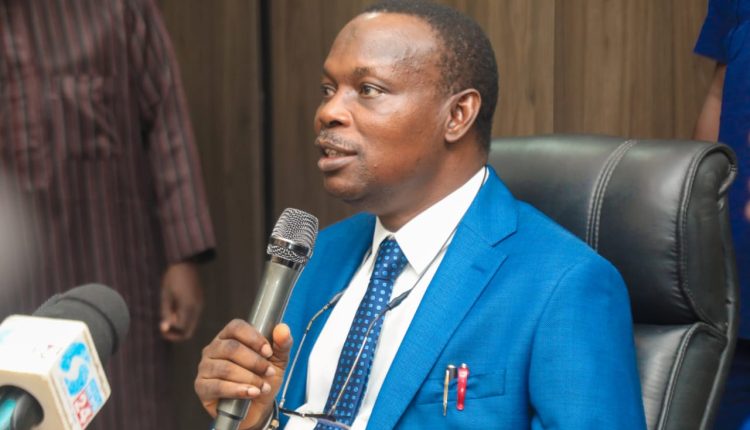The Minister of State for Environment, Dr Iziaq Salako, has declared that different parts of Nigeria has peculiar climate challenges.
Salako said this at the launch of the Report of Mapping of Climate Change Impact, Policy and Action at the Sub National level in Nigeria, on Saturday in Abuja.
“Nigeria has a tropical climate with two precipitation regimes: low precipitation in the North and high precipitation in parts of the Southwest and Southeast.
“This can lead to aridity, drought, and desertification in the north, flooding and erosion in the South. Vulnerability analysis demonstrates that states in the North experience higher degrees of vulnerability to climate change than those in the South.
“The pattern of vulnerability to climate change also corresponds to the dominance of climate-sensitive agricultural activities,” Salako explained.
He noted that the Northern regions of Nigeria, which had higher degrees of rurality, were more vulnerable to climate change.
“The North-central region has the lowest sensitivity, likely associated with its relatively stable seasonal rains and the presence of a large distribution of lakes that allow for year-round irrigation.
“The most exposed region is the Northeast, as exposure factors vary across the country. Declining precipitation that affects water supply in rain-fed agriculture is an exposure issue of priority in the north.
“While water loss due to high soil porosity is a key concern in the Southeast, which also experiences high exposure.
“The Federal Government through the Federal Ministry of Environment has undertaken some activities to address the challenges of climate change in the context of its development efforts,” he said.
He said that the project measured the extent of climate change awareness and action in the states of the Federation including the FCT and investigated the willingness of states to engage and increase their climate awareness and action.
“The Project applied SWOT Analysis that is Strengths (identified advantages), Weaknesses (identified gaps), Opportunities (resources) Threats (challenges) in dealing with climate change.
“This will help tailor-made policymaking and action plans with the specific needs and vulnerabilities of each state. With this, funding support and resources can be effectively allocated and directed to areas that are most vulnerable and require urgent action.
“This project was conceived as one of the efforts to assist the State Ministries of Environment with commendable steps to galvanize awareness of climate action at sub-national levels in Nigeria and ensure improved climate action and resilience among the state actors,” Salako said.
“This project is in line with key deliverables of the Federal Ministry of Environment under the Renewed Hope Agenda of President Bola Tinubu.
“And, underscores the fact that climate action is central to achieving the eight presidential priorities of this administration.
“This project aimed to map the impact of climate change in the 36 states of the Federation, analyse the existing climate policies and actions in the states.
“And, identify the support needs of each of these states to effectively domesticate climate change policies to attract climate funds and investments.
“It also demonstrates that managing our environment and addressing issues around climate change successfully needs the full buy in of sub-national governments and in fact every Nigerian,” he said.









